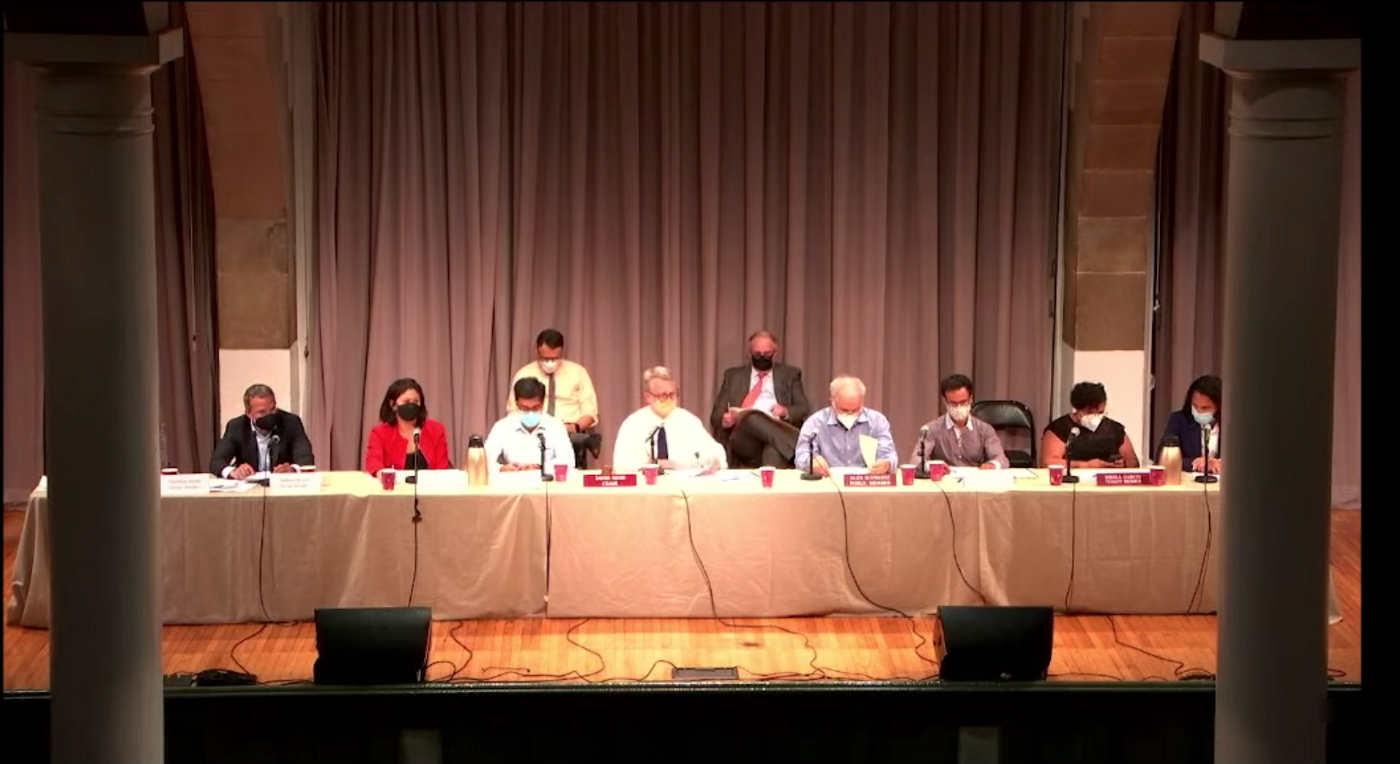Einei chol eilecha y’sabeiru, v’atah nosein lahem es ochlam b’ito.
The eyes of all look to You with hope, and You give them their food in its proper time.
*****
The Imrei Emes was once traveling when the time came to eat his meal. Those attending to him went to look for his prepared meal but had difficulty locating it. After a lengthy delay, the attendant closest to him lost patience and shouted, asking what the delay was. The Imrei Emes commented: “Why are you shouting? The pasuk says ‘v’atah nosein lahem es ochlam b’ito.’ When the time is right (b’ito), I will receive the food. Hashem provides for us in the time He knows it is best for us.” The Rokei’ach explains that Hashem provides for each and every one (b’ito is in the singular) in the best time for each one.
If we can internalize this message, we would view our hishtadlus (effort) as simply fulfilling our obligation, remembering that the results are governed by Hashem and not by our efforts. This, in turn, can alleviate much stress and anger in the workplace and elsewhere. As long as we know we have put in proper and sufficient (but not excess) effort, we can feel at peace with the result and avoid stress and anger, which are harmful to our mental and physical health. We may still be in need and in pain over our need; we can then put more effort into our tefilah (as well as our other efforts) and ask Hashem for help with even more heart.
The Vilna Gaon once told the following to Rav Chaim Volozhin: “I was once shown the importance of total concentration during tefilah. I toiled wearily to understand a particular Zohar but could not understand it properly. One Rosh Chodesh, when I started Sh’moneh Esrei, seven different explanations of that Zohar fell into my mind. What was I to do?” Rav Chaim asked the Gaon, “Would it be a hefseik to just pause a bit to arrange the answers in your mind?” The Gaon responded, “That is what I did. I paused for about 15 seconds to arrange them in my mind so I could recall them later. After I finished Sh’moneh Esrei, I tried to recall them but I could not recall anything at all. It took me a half hour to calm myself from the tzaar before I could start Hallel. When I started Musaf, the seven explanations fell right back into my mind. This time I did not divert my mind from my tefilah at all. When I completed my Sh’moneh Esrei, all seven explanations were preserved for me in my mind.” Apparently, the Gaon felt that he was shown that even to recoup Torah that he had longed for, he should not have diverted his mind, even for the 15 seconds during Sh’moneh Esrei.
Another lesson we can glean from this story is presented by the sefer Nafshi Cholas Ahavasecha and connects with our theme in this part of Ashrei. We will never lose out if we do what Hashem wants us to do at any given moment. We may have all kinds of rationalizations as to why we should do something other than what the Shulchan Aruch tells us to do at this moment. To the extent that we can recognize with certainty that Hashem will provide us with our needs, both ruchaniyim and gashmiyim, exactly at the right moment (b’ito), to that extent will we be able to free ourselves to serve Hashem the way He desires at the time He desires. This is a tall order but, nonetheless, we must try our best.
To access print versions of previous Tefilah segments, please visit OU Torah’s Search portal, select the Topic of “Tefillah,” and then select “Weekly Tefilah Focus” from the Series list.
•••
For Rabbi Mordechai Finkelman’s video and audio shiurim, which are based on our Tefilah Focus segments but also include his insightful and inspiring additions, please visit TorahAnytime.com or simply search for “TorahAnytime Rabbi Finkelman.”
You can direct any questions or comments to Eliezer Szrolovits at 917-551-0150.










